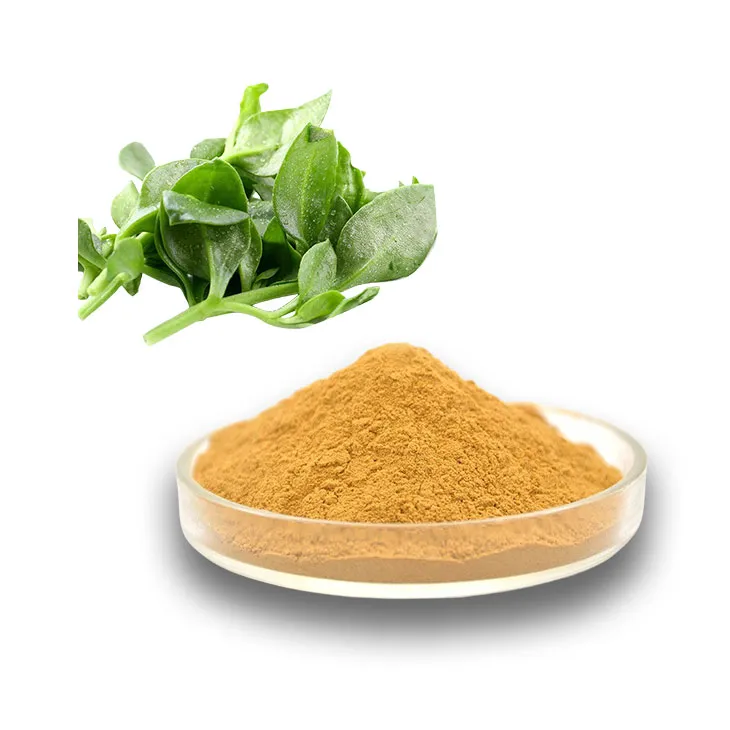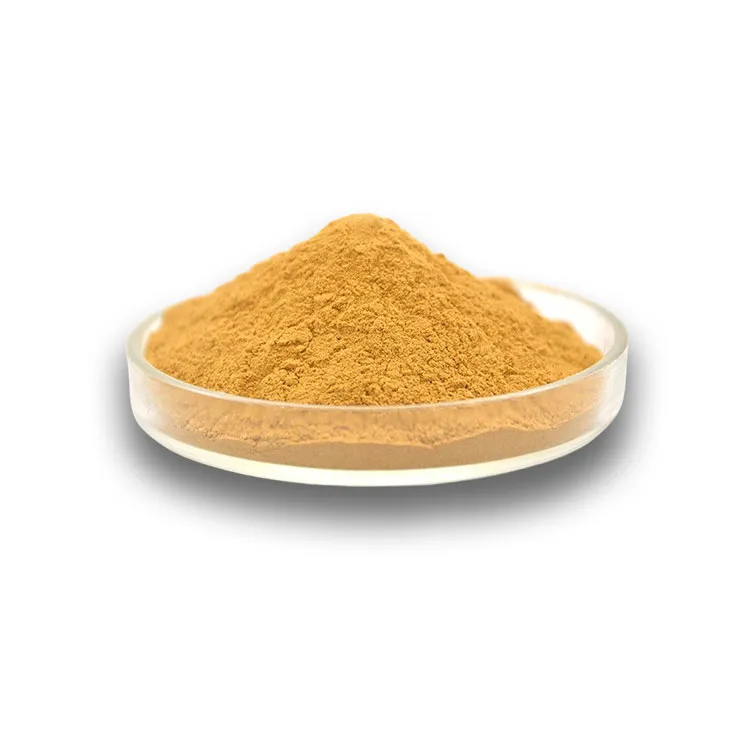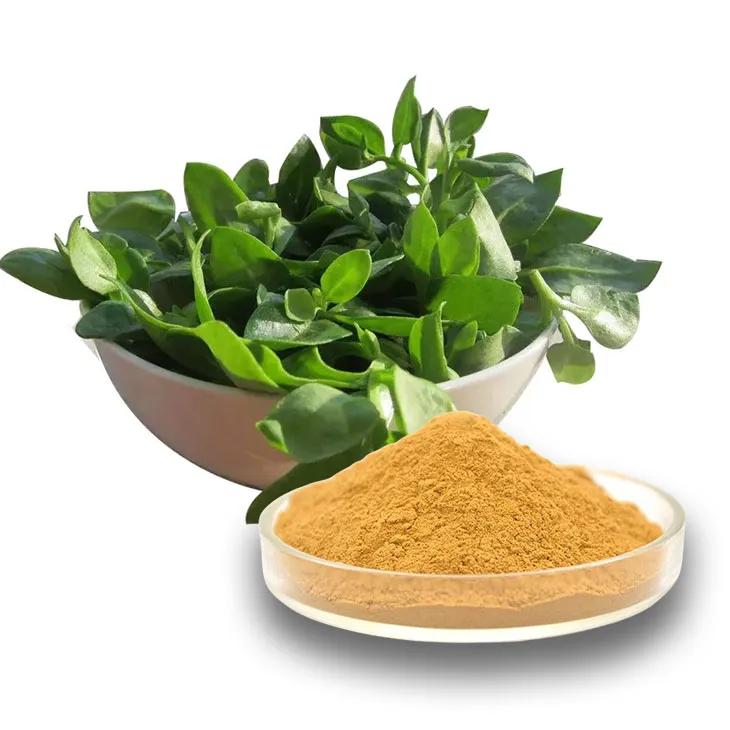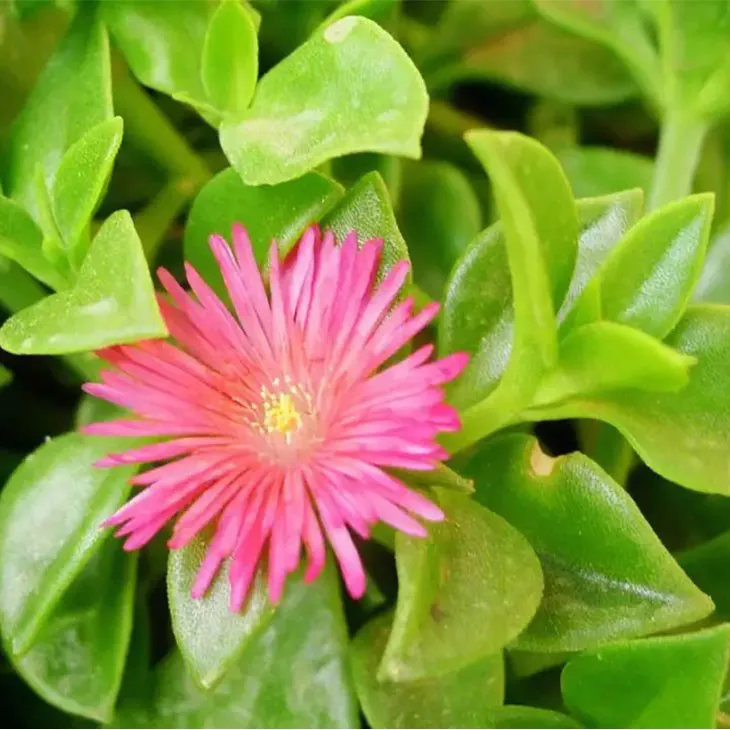- 0086-571-85302990
- sales@greenskybio.com
Andrographis paniculata extract powder: components of fertilizer and feed.
2024-11-30

1. Introduction
Andrographis paniculata, a well - known medicinal plant in traditional medicine systems, has been gaining attention not only for its pharmaceutical properties but also for its potential applications in other fields such as agriculture. The extract powder of Andrographis paniculata is of particular interest due to its rich chemical composition. This article aims to comprehensively explore the components of Andrographis paniculata extract powder and its functions in fertilizers and feeds, as well as the scientific basis underlying these applications.

2. Chemical Components of Andrographis Paniculata Extract Powder
2.1 Andrographolides
Andrographolides are the major bioactive components in Andrographis paniculata. These diterpenoid lactones possess a wide range of biological activities. In the context of fertilizers and feeds, they play crucial roles. In fertilizers, andrographolides may have an impact on soil microorganisms. They can potentially influence the growth and activity of beneficial bacteria and fungi in the soil. In feeds, they are known to have immunomodulatory effects on animals. For example, they can enhance the immune response of livestock, making them more resistant to diseases.
2.2 Flavonoids
Flavonoids are another important group of compounds present in the extract powder. They contribute to the antioxidant properties of Andrographis paniculata. In fertilizers, flavonoids can help in chelating metal ions in the soil. This chelation process can improve the availability of essential micronutrients such as iron, zinc, and manganese to plants. In feeds, flavonoids can act as natural antioxidants for animals. They can protect animal cells from oxidative damage, which is especially important in high - stress conditions such as intensive farming.
2.3 Alkaloids
Although present in relatively small amounts, alkaloids in Andrographis Paniculata Extract Powder also have significance. In fertilizers, they may affect the soil pH. Some alkaloids can act as weak bases, which can slightly increase the soil pH in acidic soils, thus creating a more favorable environment for plant growth. In feeds, alkaloids can have physiological effects on animals. They may influence the metabolism of animals, although further research is needed to fully understand these effects.
3. Application in Fertilizers
3.1 Soil Improvement
The addition of Andrographis Paniculata Extract Powder to fertilizers can contribute to soil improvement in several ways. Firstly, as mentioned earlier, the flavonoids can chelate metal ions, which helps in maintaining the proper balance of micronutrients in the soil. Secondly, the andrographolides can stimulate the growth of beneficial soil microorganisms. These microorganisms play important roles in nutrient cycling, such as decomposing organic matter and converting nutrients into forms that are more easily absorbed by plants. For example, some bacteria can convert nitrogen from the air into ammonium, which is an essential form of nitrogen for plant growth.
3.2 Plant Growth Promotion
- The andrographolides in the extract powder may act as plant growth regulators. They can influence various physiological processes in plants, such as cell division and elongation. This can lead to increased plant height, leaf area, and overall biomass production.
- Flavonoids can also enhance plant growth by protecting plants from oxidative stress. Oxidative stress can be caused by various factors such as environmental pollutants and high light intensity. By scavenging free radicals, flavonoids help plants maintain their normal physiological functions and growth.
- Alkaloids, through their potential influence on soil pH, can create a more suitable soil environment for plant roots. A proper soil pH is crucial for the uptake of nutrients by plant roots. For example, in slightly alkaline soils, plants can better absorb phosphorus, which is an important nutrient for energy transfer and cell division in plants.

4. Application in Feeds
4.1 Influence on Animal Health
- As mentioned before, andrographolides have immunomodulatory effects. In feeds, they can boost the immune system of animals. For example, in poultry, they can enhance the resistance against viral and bacterial infections. This can reduce the need for antibiotics, which is beneficial for both animal health and the quality of animal - derived products.
- Flavonoids, as natural antioxidants, can protect animal tissues from oxidative damage. This is particularly important for organs such as the liver and heart, which are highly susceptible to oxidative stress. By reducing oxidative damage, flavonoids can improve the overall health and lifespan of animals.
- Alkaloids, although their effects on animal metabolism are not fully understood, may play a role in maintaining normal physiological functions. For example, they may be involved in the regulation of neurotransmitters in animals, which can affect behavior and stress response.
4.2 Impact on Animal Productivity
- Improved animal health directly leads to increased productivity. Animals with a stronger immune system are less likely to get sick, which means less downtime and more efficient growth. For example, in swine farming, healthy pigs grow faster and reach market weight earlier.
- The antioxidant properties of flavonoids can also improve the quality of animal products. In the case of eggs, for instance, they can enhance the yolk color and improve the nutritional value. In dairy products, they can increase the shelf - life by reducing lipid oxidation.
- Andrographolides may also have an impact on the reproductive performance of animals. By enhancing the overall health and hormonal balance of animals, they can potentially improve fertility rates and the success of breeding programs.

5. Scientific Basis for the Applications
5.1 Cellular and Molecular Mechanisms
- At the cellular level, andrographolides can interact with cell membranes. They can modulate the fluidity and permeability of cell membranes, which can affect the entry and exit of substances into and out of cells. This can have implications for cell signaling and communication, which are crucial for normal physiological functions.
- Flavonoids can act as signaling molecules within cells. They can activate or inhibit certain signaling pathways related to antioxidant defense and stress response. For example, they can upregulate the expression of antioxidant enzymes such as superoxide dismutase and catalase, which are responsible for scavenging free radicals.
- Alkaloids may interact with cellular receptors. Although the exact mechanisms are still being investigated, it is believed that they can influence intracellular processes such as gene expression and protein synthesis through receptor - mediated pathways.
5.2 Studies in vitro and in vivo
- There have been numerous in vitro studies on the components of Andrographis paniculata extract powder. For example, cell culture studies have shown that andrographolides can inhibit the growth of certain pathogenic bacteria and viruses. These in vitro studies provide initial evidence for the potential antimicrobial and antiviral effects of Andrographis paniculata in feeds.
- In vivo studies have also been carried out in animals. In poultry studies, the addition of Andrographis paniculata extract powder to feeds has been shown to improve growth performance and immune function. Similar results have been obtained in studies on swine and ruminants. These in vivo studies further confirm the practical applications of Andrographis paniculata extract powder in animal feeds.
6. Conclusion
Andrographis paniculata extract powder, with its rich chemical components such as andrographolides, flavonoids, and alkaloids, shows great potential in both fertilizer and feed sectors. In fertilizers, it can contribute to soil improvement and plant growth promotion through various mechanisms. In feeds, it can influence animal health and productivity. The scientific basis for these applications lies in the cellular and molecular mechanisms of its components as well as the results of in vitro and in vivo studies. However, further research is still needed to fully understand the complex interactions and optimize the applications. For example, more research is required to determine the optimal dosage and formulation of Andrographis paniculata extract powder in fertilizers and feeds. With continued research, Andrographis paniculata extract powder could become an important and sustainable component in the fields of agriculture and animal husbandry.
FAQ:
What are the main components of Andrographis paniculata extract powder?
Andrographis paniculata extract powder contains various components such as andrographolide, dehydroandrographolide, and other bioactive compounds. These components play important roles in its functions in fertilizer and feed applications.
How does Andrographis paniculata extract powder improve soil in fertilizers?
It may improve soil in several ways. Some of its components can enhance microbial activity in the soil. The bioactive compounds can also interact with soil nutrients, making them more available for plants. Additionally, it might help in improving soil structure, for example, by promoting aggregation.
What effects does Andrographis paniculata extract powder have on plant growth in fertilizers?
It can have multiple positive effects on plant growth. It may stimulate root development, which helps plants absorb water and nutrients more efficiently. It can also enhance photosynthesis, leading to increased production of sugars and other metabolites. Moreover, it might improve the plant's resistance to certain pests and diseases.
How does Andrographis paniculata extract powder influence animal health in feeds?
The extract powder can influence animal health in different ways. It may have anti - inflammatory properties, which can be beneficial for reducing inflammation in animals' bodies. Some of its components might also help in enhancing the immune system of animals, making them more resistant to diseases. Additionally, it could improve digestion by promoting the growth of beneficial gut microbiota.
What is the scientific basis for the application of Andrographis paniculata extract powder in feeds?
There are several scientific bases for its application in feeds. Laboratory and field studies have shown that its bioactive components can interact with the animal's physiological systems. For example, research has demonstrated its effects on the immune response and gut health of animals. Also, studies on its absorption and metabolism in animals provide evidence for its proper functioning when included in feeds.
Related literature
- Andrographis paniculata: Phytochemistry, Pharmacology, and Applications in Animal Health"
- "The Role of Andrographis paniculata Extract in Soil Fertility and Plant Nutrition"
- "Bioactive Compounds of Andrographis paniculata and Their Potential in Feed Additives"
- ▶ Hesperidin
- ▶ citrus bioflavonoids
- ▶ plant extract
- ▶ lycopene
- ▶ Diosmin
- ▶ Grape seed extract
- ▶ Sea buckthorn Juice Powder
- ▶ Beetroot powder
- ▶ Hops Extract
- ▶ Artichoke Extract
- ▶ Reishi mushroom extract
- ▶ Astaxanthin
- ▶ Green Tea Extract
- ▶ Curcumin Extract
- ▶ Horse Chestnut Extract
- ▶ Other Problems
- ▶ Boswellia Serrata Extract
- ▶ Resveratrol Extract
- ▶ Marigold Extract
- ▶ Grape Leaf Extract
- ▶ blog3
- ▶ blog4
-
100% Organic Calendula Extract.
2024-11-30
-
Wholesale Mulberry Leaf Extract Suppliers.
2024-11-30
-
China Aguaje Extract Powder Factory.
2024-11-30
-
Mulberry Extract Suppliers.
2024-11-30
-
Active components in aguaje extract.
2024-11-30
-
Standard - process cocoa extract.
2024-11-30
-
Organic Saw Palmetto Extract Powder Factory.
2024-11-30
-
White Peony Extract
2024-11-30
-
Cactus Extract
2024-11-30
-
Gynostemma pentaphyllum extract
2024-11-30
-
Citrus Aurantium Extract
2024-11-30
-
Carrageenan Extract Powder
2024-11-30
-
Red Vine Extract
2024-11-30
-
Calendula Extract
2024-11-30
-
Grape Leaf Extract
2024-11-30
-
Pomegranate Extract
2024-11-30
-
melatonin extract
2024-11-30





















